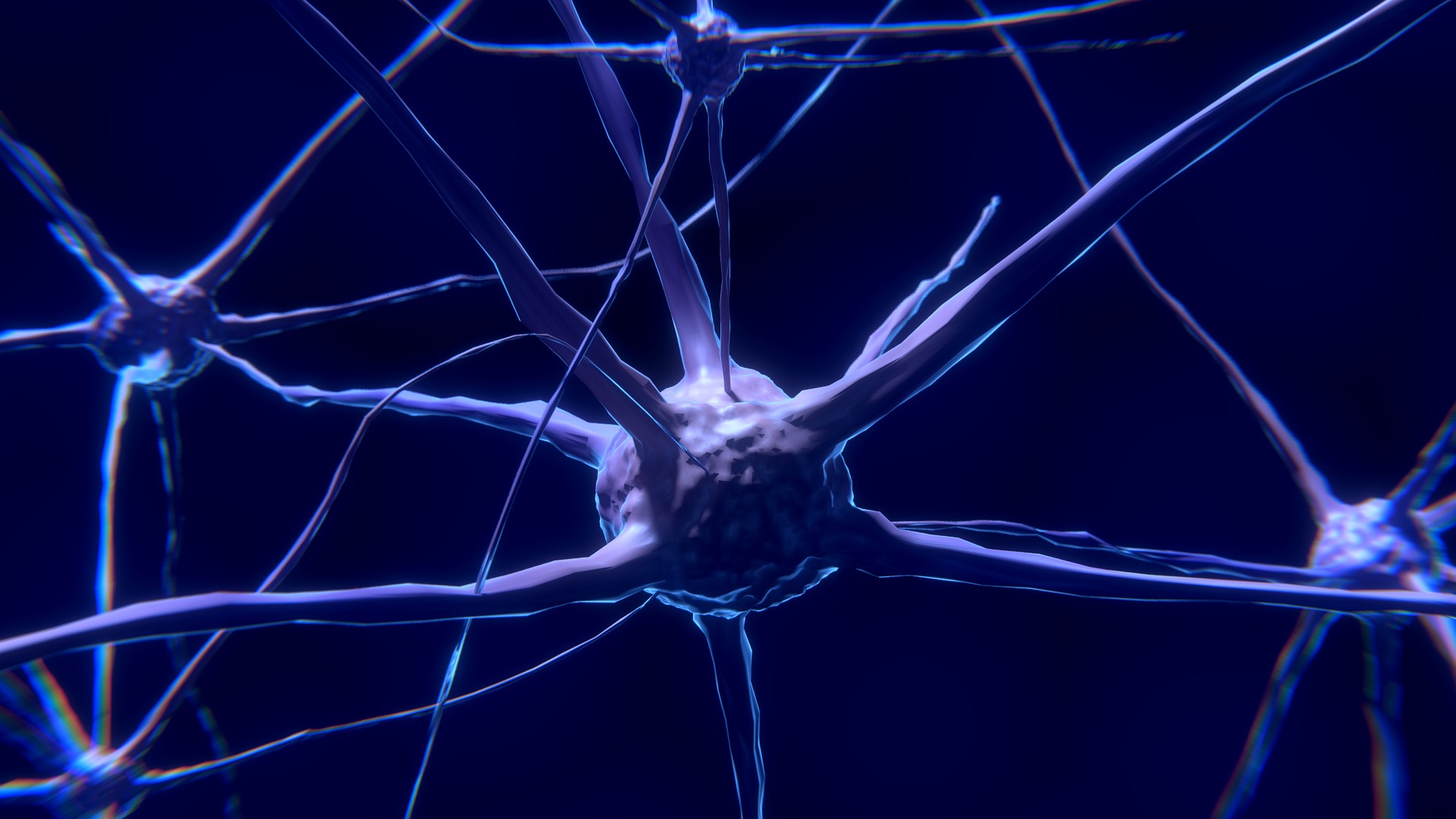
Pathways to the Future of AI
🥋 A recent TED talk by Jeff Dean reveals Google's plans for AI and Deep Learning in particular. Sidenote: Jeff Dean is the Chuck Norris of Google (google it!) and has helped create MapReduce, BigTable, and Tensorflow.
Featured image by: Colin Behrens from Pixabay
📺 Anyway, in the TED Talk, he does a quick history lesson on neural networks and the more recent history of the amazing things they have been able to do in the last decade. Then outlines three significant shortcomings of deep learning models:
- do one thing, and one thing only (narrow AI)
- handle a single modality of data (only images, text, speech, etc)
- they are dense, so the entire model is activated for every task
🤖 So it turns out, Google has a new AI Solution for all three problems called "Pathways". It can train a handful of general-purpose models that can do thousands or millions of things, deal with all modalities, and leverages sparse, high-capacity models, where relevant parts become activated as needed.
⚖️ Sound pretty cool and extremely powerful but... "with great power comes great responsibility". Dean continues the talk assuring the audience that Google is addressing Responsible AI concerns and upholding its own AI principles. Chris Anderson, the head of TED, then grilled him about Google's ethical commitments during the Q&A.
🧐 So I ask: Can Google be trusted to put ethics over profits? And does the neural architecture described by Jeff cover all the problems with AI? Or provide a roadmap for AGI?

